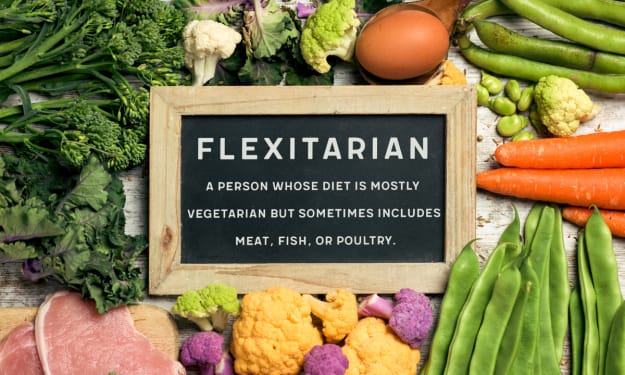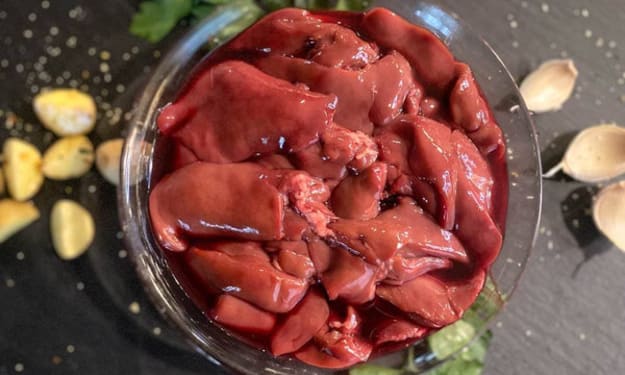
INTRODUCTION
The raw food diet, also known as raw foodism or raw veganism, emphasizes consuming unprocessed and uncooked foods. Advocates believe that eating raw foods preserves their nutritional value and enhances health benefits. The diet primarily consists of fruits, vegetables, nuts, seeds, and sprouted grains, with some variations allowing raw dairy, meat, or fish. The central philosophy is that heating food above 104-118°F (40-48°C) destroys essential nutrients and enzymes that aid digestion and overall health.
HISTORY
The raw food diet has roots in various cultural and historical traditions. Ancient civilizations, including Greeks and Egyptians, recognized the benefits of raw foods. Modern raw foodism began in the early 20th century with Swiss physician Maximilian Bircher-Benner, who promoted raw foods to treat ailments after curing his own jaundice with a diet of raw apples. The movement gained momentum in the 1970s and 1980s with the rise of health food culture, influenced by figures like Ann Wigmore, who founded the Hippocrates Health Institute and advocated for raw foods as a means to detoxify the body and prevent disease.
KEY COMPONENTS
- Fruits and Vegetables: A wide variety of fresh fruits and vegetables form the core of the diet, consumed in their natural, unprocessed state.
- Nuts and Seeds: These provide healthy fats, protein, and essential nutrients, often soaked or sprouted to enhance digestibility.
- Sprouted Grains and Legumes: Soaking and sprouting grains and legumes increases their nutritional value and digestibility.
- Fermented Foods: Foods like sauerkraut, kimchi, and kombucha are included for their probiotic benefits.
- Cold-Pressed Oils: Oils such as olive, coconut, and flaxseed are used, unheated, to preserve their nutritional properties.
- Raw Dairy, Meat, or Fish: Some variations of the diet include raw animal products, though these are less common and come with additional safety concerns.
WHO SHOULD FOLLOW THE RAW FOOD DIET
The raw food diet may be beneficial for:
- Individuals Seeking Weight Loss: The high fiber and low calorie nature of raw foods can promote weight loss.
- Those Looking to Increase Nutrient Intake: Raw foods can be rich in vitamins, minerals, and enzymes that may be diminished during cooking.
- People with Certain Health Conditions: Some individuals report improvements in digestion, energy levels, and skin health.
- Detox Enthusiasts: Those interested in detoxifying their bodies may find the raw food diet appealing for its focus on whole, unprocessed foods.
WHO SHOULD AVOID RAW FOOD DIET
While the raw food diet can offer health benefits, it may not be suitable for everyone:
- Individuals with Nutrient Needs: Those with increased nutrient needs, such as pregnant or breastfeeding women, may struggle to meet these requirements on a raw food diet.
- People with Digestive Issues: Some individuals may find it difficult to digest large amounts of raw vegetables and other high-fiber foods.
- Athletes or Highly Active Individuals: Meeting the high calorie and protein needs of athletes can be challenging on a raw food diet.
- Individuals with Specific Health Conditions: Those with certain medical conditions, like anemia or osteoporosis, may need the more easily absorbable nutrients found in cooked foods.
BENEFITS OF RAW FOOD DIET
- Nutrient-Rich: Raw foods are high in vitamins, minerals, and enzymes, which can enhance overall health and vitality.
- Weight Loss: The diet is naturally low in calories and high in fiber, promoting weight loss and improved digestion.
- Improved Digestion: Enzymes in raw foods can aid digestion and improve gut health.
- Increased Energy Levels: Many adherents report higher energy levels and improved mental clarity.
- Reduced Risk of Chronic Diseases: The diet's emphasis on fruits and vegetables can lower the risk of heart disease, diabetes, and certain cancers.
DISADVANTAEGS
- Nutrient Deficiencies: Risks include deficiencies in protein, vitamin B12, iron, calcium, and omega-3 fatty acids, which are more readily available in animal products and cooked foods.
- Digestive Issues: Some people may experience bloating, gas, or other digestive problems from high fiber intake.
- Food Safety Concerns: Consuming raw dairy, meat, or fish increases the risk of foodborne illnesses.
- Difficulty Meeting Caloric Needs: The low calorie density of raw foods can make it challenging to consume enough calories, especially for those with higher energy requirements.
- Social and Practical Challenges: Adhering to a raw food diet can be socially isolating and inconvenient, particularly when dining out or traveling.
CONCLUSION
The raw food diet offers a unique approach to nutrition that emphasizes whole, unprocessed foods in their natural state. While it can provide numerous health benefits, including improved digestion, increased energy levels, and potential weight loss, it also comes with challenges such as nutrient deficiencies, digestive issues, and practical difficulties.
For those considering the raw food diet, it is crucial to plan carefully to ensure a balanced intake of essential nutrients and to consult with a healthcare provider or nutritionist to address any individual health needs and concerns. Despite its challenges, the raw food diet can be a valuable tool for those seeking to enhance their health through a diet rich in fresh, unprocessed foods, offering a pathway to improved well-being and vitality. As with any dietary approach, individual needs and preferences should guide the decision to adopt the raw food diet, ensuring it aligns with personal health goals and lifestyle.
#rawfood #diet #healthylifestyle #healthymindset #healthydiet #nutrients #food #health #wholefoods #herbs #millets #fiberrich #ironrich #protein #weightloss #weightgain #obese #overweight #bloodpresure #hypertension #diabetes #vocalmedia
About the Creator
Enjoyed the story? Support the Creator.
Subscribe for free to receive all their stories in your feed. You could also pledge your support or give them a one-off tip, letting them know you appreciate their work.






Comments (1)
Hey, just wanna let you know that this is more suitable to be posted in the Longevity community 😊